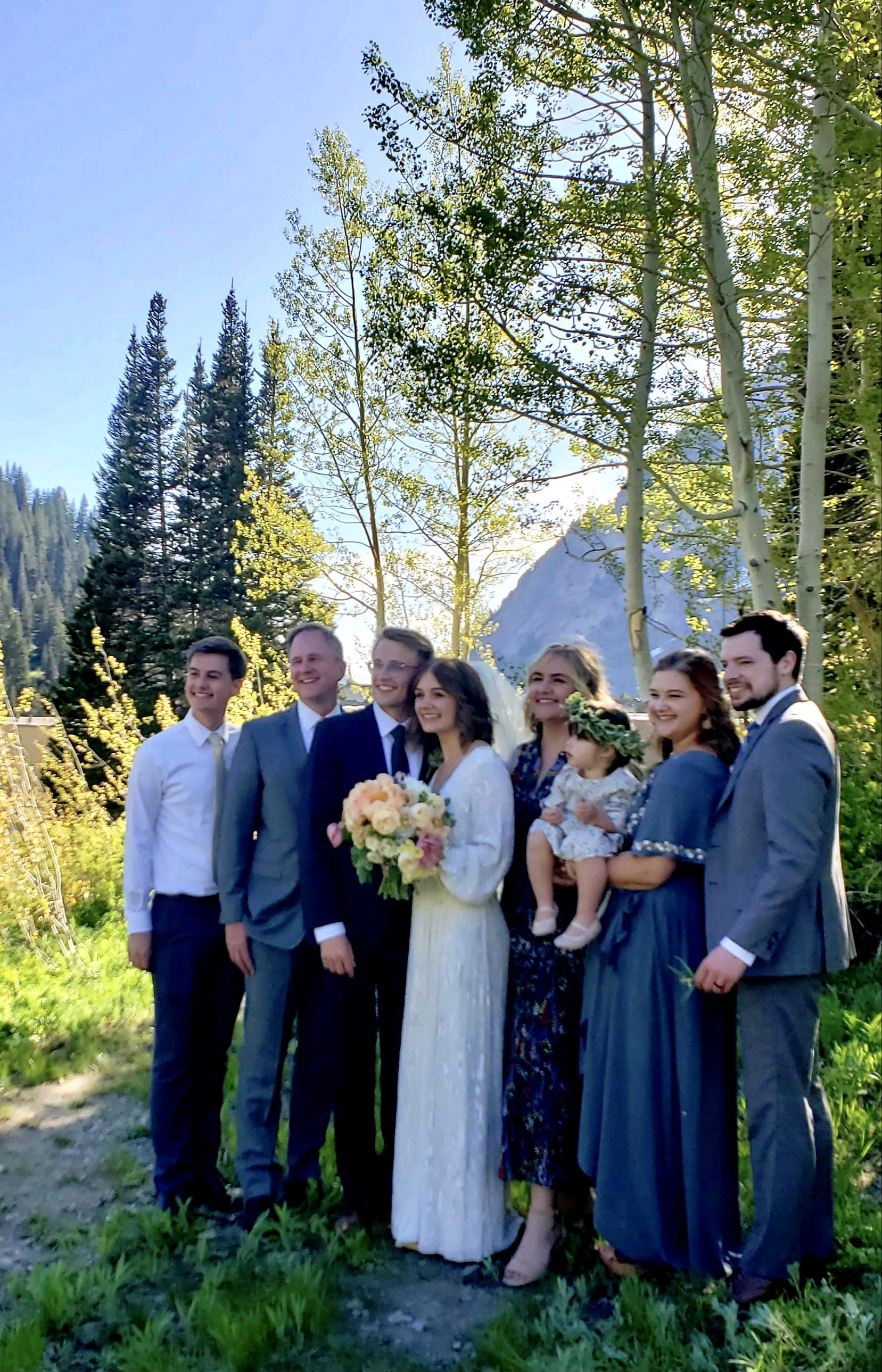Most of the time we think about parenting as something we do to influence someone else—it's what we do to raise baby humans into responsible, contributing adult humans. We scour articles that promise “pro tips to get your child to behave” or “how to produce a [kind, responsible, smart, superstar] child in ten easy steps.” Me too! I get it--I study and teach parenting for a living—the fascination is strong there and we want to crack the code for how to produce happy, adjusted people.
Lately, though, I’ve been mulling over how parenting and parenthood has changed—sometimes “raised,” other times lowered—me.
When I’ve let it, motherhood has been a spiritual practice—and I mean that in the sense of my spirit imperfectly practicing difficult, soul-stretching-and-spraining things.
That’s not to say it’s always transcendent or that I float around in nirvana but rather that when I hit the most difficult (yet oh-so-frequent and mundane) times of being the allegedly mature grown up in a family, those moments invite me to learn to be a better human in general and get better at the things that matter.
Now and then I’d like to chat here about some of those parenthood practices that make us stronger people—the equivalent of doing those annoying scales and arpeggios when practicing the piano. What are those things? I don’t know. Or rather, I’m trying to figure it out. Tell me yours: what quality or change has the practice of parenthood brought you? What specific parenthood moments have helped stretch and deepen you as a person? Please chime in, I’d really love to know.
. . .
Here’s one I’ve been considering: attention. More specifically: paying it. In the movie Lady Bird one of my favorite parts is a scene between Lady Bird, this teenage girl who lives in Sacramento (though is aching to leave it), and her Catholic School counselor, Sister Sarah Joan. After reading Lady Bird’s college entrance essay, Sister Sarah Joan remarks that Lady Bird clearly loves the city. “You write about Sacramento so affectionately, and with such care,” she tells her. This surprises Lady Bird, who replies that she just pays attention. Then Sister Sarah Joan notes, “Don’t you think they are the same thing? Love--and attention?”

















